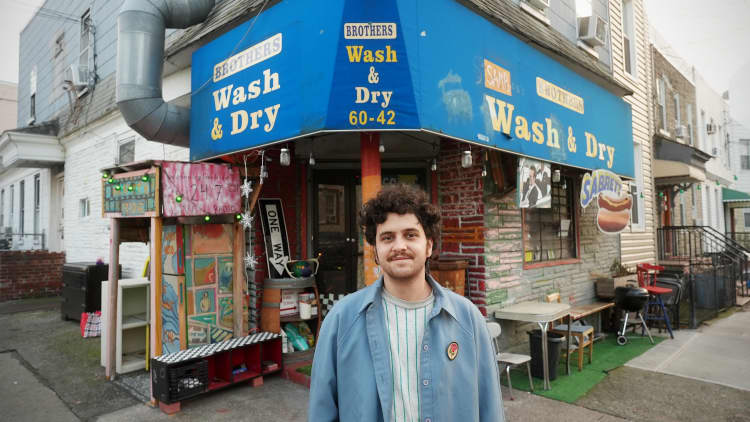If you're dodging calls, unenthusiastically hearting texts, or feel a general sense of dread when a person's name pops up on your phone, it might be time to pull the plug on that relationship.
And while no one likes to be rejected, there are ways to cut the cord that are less inflammatory than others.
Here are three tips on how to reject someone with kindness, from Thema Bryant, the president of the American Psychological Association and a professor of psychology at Pepperdine University where she directs the Culture and Trauma Research Laboratory. Bryant did her post-doctoral training at Harvard Medical Center's Victims of Violence Program.
The sooner the better
"As soon as you know you don't want to be connected with them anymore, the sooner you can communicate that the better," Bryant says.
If you're people-pleasing or conflict averse this might be uncomfortable, but ultimately it's the more respectful thing to do.
"Many of us that don't want to hurt people do avoidance or passive aggressiveness or send mixed messages," Bryant says. "When you're avoiding someone you might hurt them worse."
Stick to your decision
Don't continue the friendship out of convenience.
This could look like avoiding them when you have plans but calling them when you're bored, Bryant says.
If you decide to end it, you also have to make an effort to not contact them.
When you're avoiding someone you might hurt them worse.Thema BryantPresident of the American Psychological Association
Don't list all their flaws
"It may not be necessary to go into your list of complaints about the person if you're not trying to fix a relationship," Bryant says.
However, you can share your reason for ending the friendship, in a measured way, to give them some clarity.
"It may be that they do some things that are destructive in friendships and you have talked to them about it multiple times and you don't want to do it anymore," she says.
You can also communicate the aspects of the relationship you enjoyed.
For example, Bryant says, you can tell them: "You were with me during a really hard time in my life and I want to thank you for showing up."
But then you need to give them the reason you don't see a future.
"Try to make it a holistic conversation of appreciating, but then also the clarity of not wanting to continue," Bryant says. "If you can articulate some reasons about why that is, that's helpful. A lot of times people are left wondering, 'We were the best of friends and they stopped calling.'"
10 corporate buzzwords that show up in job listings the most—and how to use them to land a role
The top 10 best U.S. cities for STEM careers, according to new research
80% of workers who quit in the 'great resignation' have regrets, according to a new survey
Sign up now: Get smarter about your money and career with our weekly newsletter



